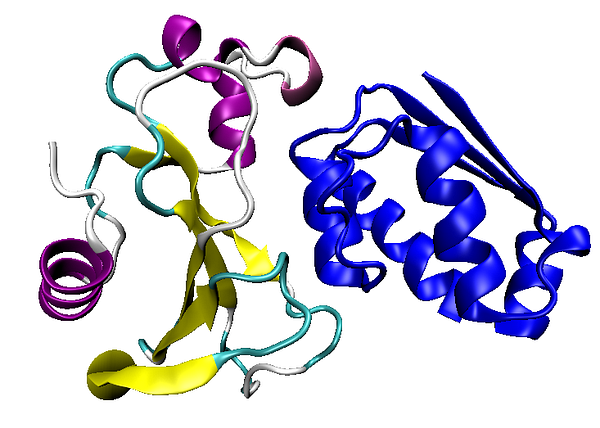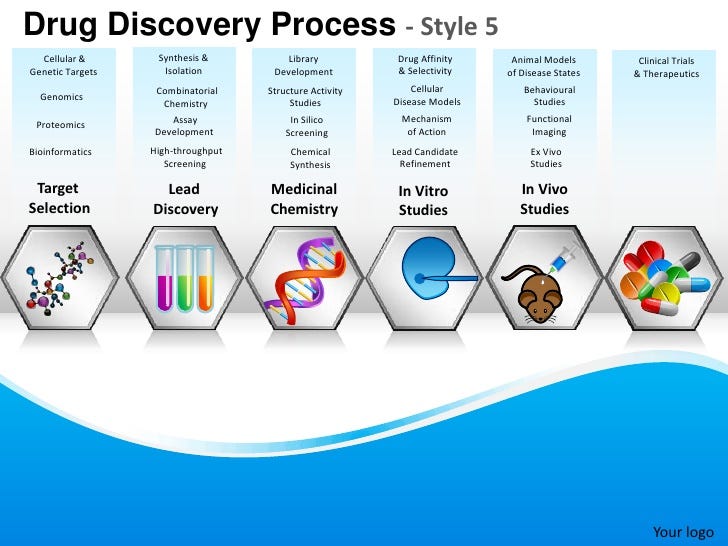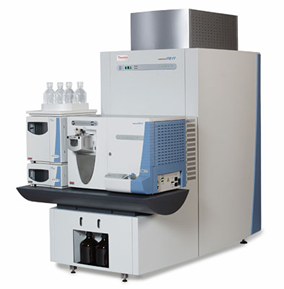We know too little about the actors that cause disease…..
Draper Esprit has invested into Fluidic Analytics Limited, a spin-out from the Department of Chemistry at the University of Cambridge and I will be joining it’s board. Official Press Release
This innovative company is building products that have the potential to do to protein analytics what next generation sequencing technologies have done to DNA ie provide rapid, inexpensive, on-demand protein level data generation from medical & research samples.
Fluidic Analytics fits with my thesis of investing in companies that can transform healthcare from being a data-poor industry to a data-rich industry
Why we invested tl;dr:
- Great founding team addressing a major problem using a novel, patented approach shown to work on a prototype; working with a great syndicate.
————————————END (for most people)—————————
Stuff from here on gets a bit geeky….
The history of trying to find out exactly what causes disease and what keeps us well is as old as the history of human existence and despite major advances in technology, our current insight into the actors responsible for disease and their respective roles is remarkably poor. This is due to the complex properties of these wonder molecules called proteins, and the technical difficulties of studying them in their natural state.

“Genome is the script, proteins are the actors”
So when we say that lack of exercise (or eating too many pies) causes increased risk of coronary heart disease, usually we know this byobserving couch frequenting avid pie eaters.
What it really means is that these behaviours are at the beginning of a (usually long and complex) process which ultimately leads to deposition of stuff (called plaque) in the arteries that feed the heart, making them narrow and ultimately starving the heart of oxygen.
However, how the pie + couch combination leads to plaque, death etc is a bit more complicated so unless we are able to find out who plays what role in doing this, the only way to stop this disease is to start attacking pies, couches and people who eat pies and own couches. And we know from experience that this approach has limited success.

To stretch the analogy further, the way pills and injections save lives is by modifying the actors or their roles in the processes mediated by proteins that cause disease. Most often, this is done by attaching the medicinal chemical to a protein which changes the way the protein behaves and interacts, to the patient’s benefit.
How Fluidic Analytics Creates Value: Fluidic Analytics are trying to change the process of identifying proteins involved in disease process from a slow labour intensive task to a high throughput industrial endeavour.
Simplistically, every new protein identified creates opportunity to develop new treatments that change the behaviour of that actor and make us well. And this is just the application in the pharmaceutical industry…
So why don’t we just use some big-ass machine to measure proteins?
Well…its complicated

All sub-optimally solved problems have many solutions and protein analytics is no different. You can buy machines ranging from $2 to $2m to study proteins but among today’s instruments one has to trade off between the following performance characteristics:
- Fast and inexpensive but not very accurate
- Accurate and fast but very expensive
- Slow and accurate but limited range of detection
So, the aim of Fluidic Analytics team is to blow open some of the current constraints (using a patent-protected gradient system) to build something that is high throughput, inexpensive, has wide dynamic range and is also able to work with previously unidentified proteins and study them in liquid phase. The ultimate product described here is recognised to be the holy grail of biological sciences and previous experience with holy grails (including this one and this one☺) demonstrate how hard, or nearly impossible it is to find it.
Fluidic Analytics will solve each one of these in stages by developing a series of products over the coming years. It will be extremely hard but each product they develop will be an improvement over what is currently possible.
Fluidic Analytics has attracted an experienced management team and a syndicate of investors to support it through this journey and we are very pleased to be a part of it.